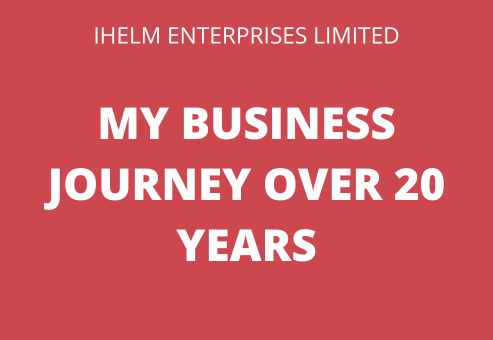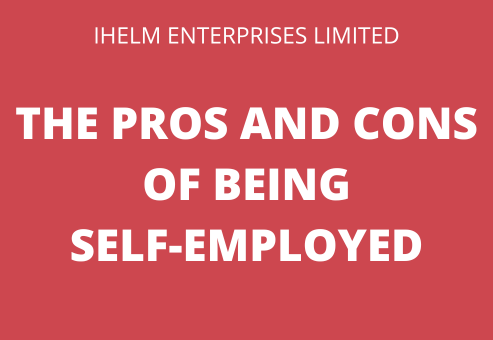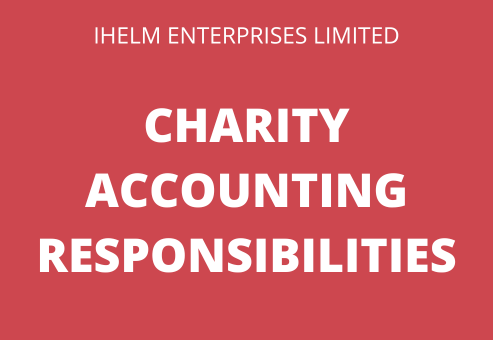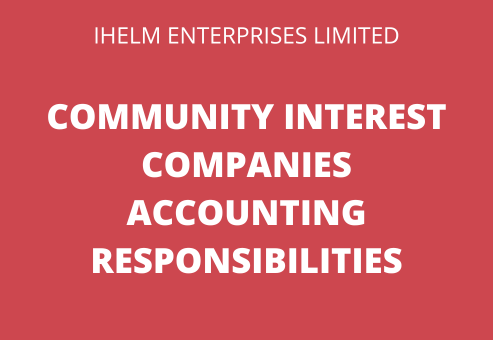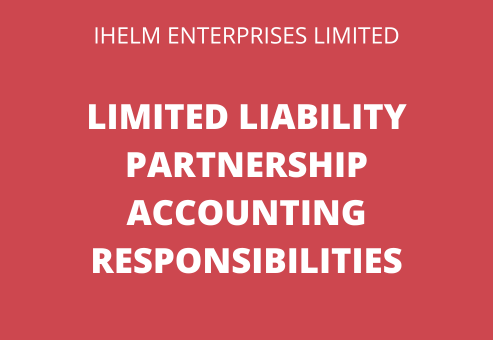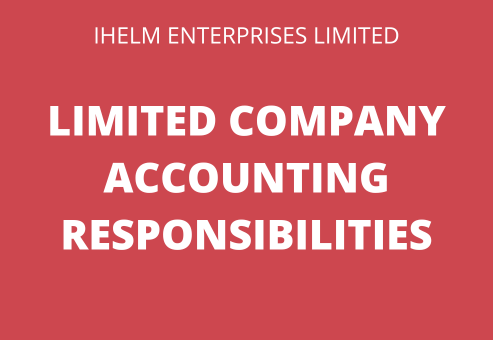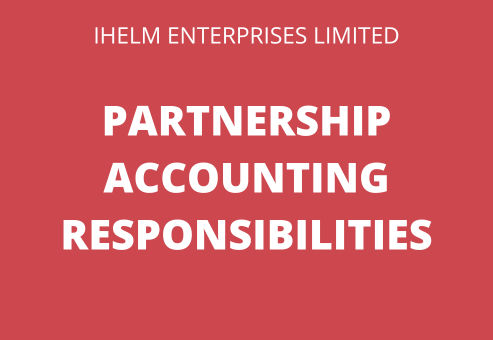During July’s Facebook Live, I talked briefly about the UK anti-money laundering regulations and what they mean for bookkeepers and their clients.
In the United Kingdom, bookkeepers play a crucial role in ensuring the financial integrity of businesses. One of their key responsibilities is adhering to the Anti-Money Laundering (AML) Regulations. These regulations are designed to prevent the misuse of the financial system for money laundering and terrorist financing. Here, we delve into the specific responsibilities a bookkeeper in the UK holds under the AML framework.
Understanding the AML Regulations
The UK’s AML Regulations are primarily governed by the Money Laundering, Terrorist Financing and Transfer of Funds (Information on the Payer) Regulations 2017, updated in 2019. These regulations align with the European Union’s Fourth and Fifth Anti-Money Laundering Directives and require businesses, including bookkeepers, to implement rigorous measures to detect and prevent money laundering activities.
Bookkeepers have had to legally follow the AML regulations since 2007. We are required by law to have AML Supervision either with a recognised professional body or directly with HMRC. Failure to comply with the regulations can result in the bookkeeper receiving hefty fines and even losing their practice.
What is Money Laundering?
Money laundering is where proceeds of crime are made to appear legitimate. Some common examples of money laundering are:
- Real Estate Transactions: criminals purchase properties at inflated prices and later sell them at a loss to “clean” the money; properties are bought and sold multiple times to create a complex trail of transactions
- Cash-Intensive Businesses: using businesses like restaurants, bars and car washes to mix illegal funds with legitimate earnings; paying salaries to non-existent employees and reclaiming the money
- Bank Transactions: breaking large sums of money into smaller, less suspicious amounts and depositing them into bank accounts over time; moving money through accounts in countries with strict banking secrecy laws to obscure the money trail
- Trade-based money laundering: manipulating invoices (over or under-invoicing) to transfer value without attracting attention; using multiple shipments of goods to complicate tracking and auditing
- Gambling: purchasing chips with illicit money, gambling minimally and then cashing out; using online gambling platforms to place bets and cash out winnings
- Professional Services: using professionals like lawyers and accountants to create complex legal structures that disguise the origin of funds; setting up trusts or shell companies to hide the true ownership and source of funds
There are a number of other common ways money is laundered including art and antiques, digital currencies and loan-back schemes. These methods are often combined to make detection more difficult, involving layers of transactions and various financial instruments. The UK has stringent anti-money laundering (AML) regulations, but criminals continuously adapt their strategies to evade detection.
Key Responsibilities of Bookkeepers under AML Regulations
Bookkeepers who often act as the first line of defence against financial irregularities, are directly affected by AML regulations.
1. Customer Due Diligence (CDD):
– Identification and Verification: Bookkeepers must identify and verify the identity of their clients and, where applicable, the beneficial owners. This includes obtaining and confirming details such as names, addresses, and dates of birth.
– Risk Assessment: Each client should be assessed for potential risks of money laundering and terrorist financing. High-risk clients may require enhanced due diligence (EDD).
– Bookkeepers also need to do these checks for any financial related volunteer positions they undertake and even on close friends and family if they are receiving help with their accounts
– this information needs to be reviewed on annually or when any of the client’s details change
2. Ongoing Monitoring:
– Bookkeepers need to continuously monitor client transactions and business relationships to ensure they are consistent with their knowledge of the client and the client’s risk profile.
– Any suspicious activity or transaction must be reviewed and reported if necessary.
3. Reporting Suspicious Activity:
– If a bookkeeper identifies a suspicious transaction or activity, they are obligated to report it to the National Crime Agency (NCA) through a Suspicious Activity Report (SAR). This step is critical in preventing potential money laundering activities.
– It’s important to maintain confidentiality and ensure that the client is not made aware of the report to avoid tipping off.
4. Record Keeping:
– Accurate records of all CDD information, transaction monitoring, and SARs must be maintained for at least five years. This includes copies of documents used for identification and transaction records.
– These records should be readily available for inspection by relevant authorities, such as HM Revenue and Customs (HMRC).
5. Internal Controls and Procedures:
– Bookkeepers should have robust internal controls and procedures in place to detect and prevent money laundering. This includes policies for CDD, record keeping, risk assessment, and reporting.
– Regular training for staff is essential to ensure everyone is aware of their obligations under AML regulations.
6. Training and Awareness:
– Continuous training is crucial. Bookkeepers must stay updated on the latest AML regulations and best practices. Training should cover how to recognize and deal with potential money laundering risks effectively.
– Awareness programs can help in understanding the evolving nature of money laundering and terrorist financing tactics.
Impact on Clients
Clients, particularly small and medium-sized enterprises (SMEs), also feel the effects of AML regulations through their relationship with bookkeepers. Here’s how:
1. Increased Scrutiny: Clients may experience more in-depth scrutiny of their financial transactions. This can be particularly challenging for businesses with complex financial structures or those in high-risk industries.
2. Documentation and Transparency: Clients are required to provide extensive documentation to prove their identity and the legitimacy of their transactions. This can be burdensome, particularly for smaller businesses.
3. Potential Delays: Enhanced due diligence and compliance checks can lead to delays in financial transactions and the onboarding process of new clients.
4. Cost Implications: The administrative burden of compliance can lead to increased costs, either directly through fees for additional services provided by bookkeepers or indirectly through the time and resources spent on compliance.
5. Awareness and Training: Clients need to be aware of their responsibilities under AML regulations and may require training to understand their obligations and how to meet them.
AML regulations in the UK are essential for combating financial crime but come with significant responsibilities for bookkeepers and their clients. By understanding these regulations and implementing best practices, bookkeepers can help their clients navigate the complexities of compliance, ensuring both legal adherence and the integrity of the financial system.
If you have any questions about the anti-money laundering regulations, please feel free to e-mail me.



